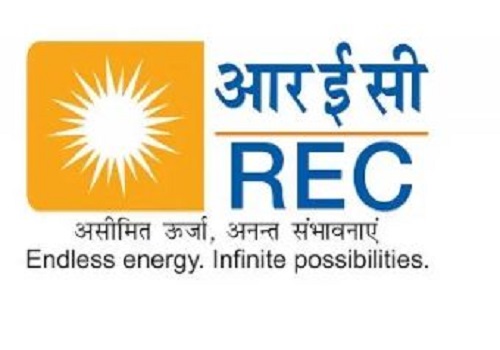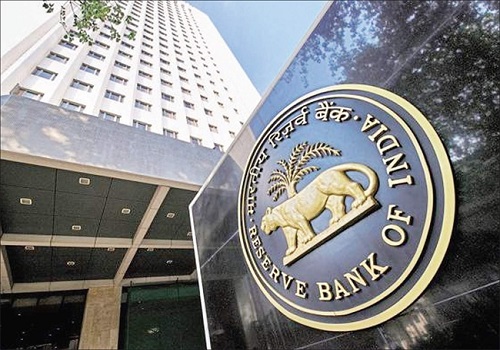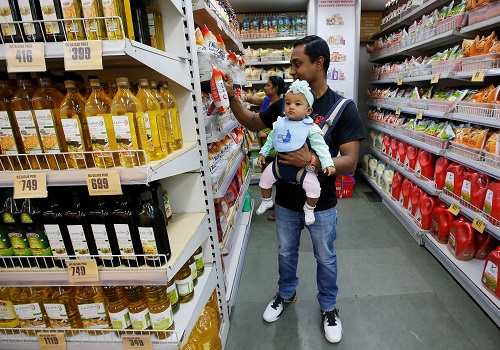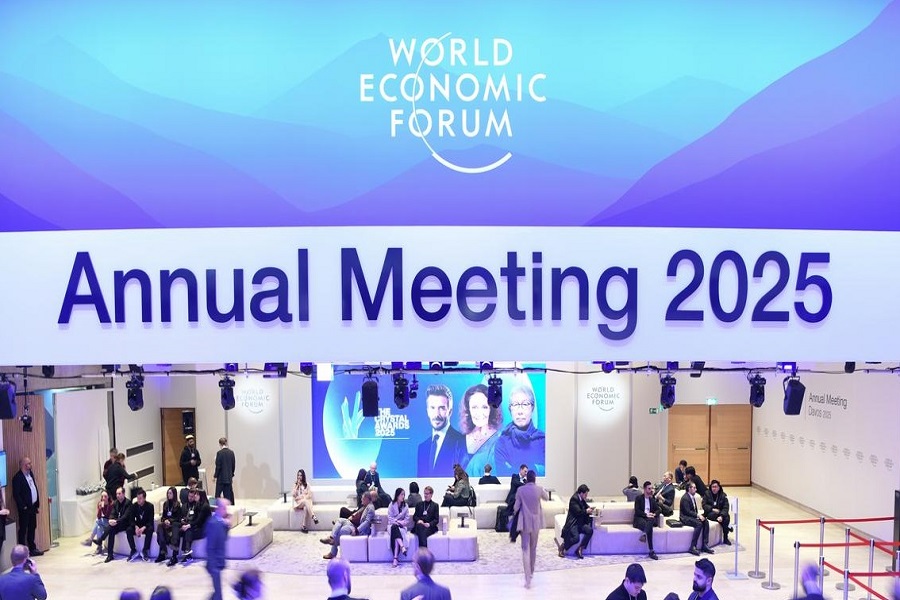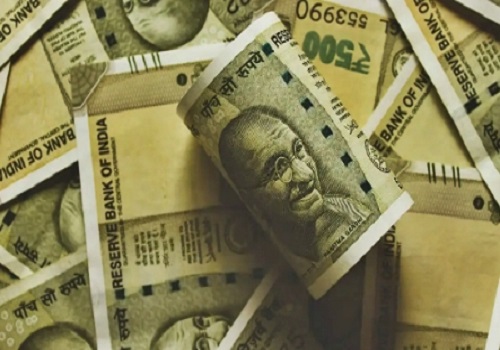India`s economic growth expected to slip below 7% in Octomber-December quarter
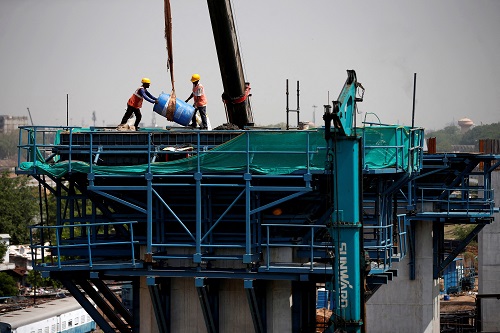
India's economic growth probably slipped below 7% for the first time in the current fiscal year in the October-December period, hit by a tepid manufacturing sector and weakness in consumption.
The South Asian nation is expected to grow at 6.6% in the three months that ended on Dec. 31, a Reuters poll showed, slowing from growth of 7.6% in the previous quarter and 7.8% in the July quarter. India's fiscal year starts from April 1.
At 1200 GMT on Thursday, India will release the gross domestic product (GDP) data for the quarter, along with the revised estimate for the full year, which ends on March 31.
"Some moderation is expected in October-December GDP growth, with softer growth in manufacturing sector," said Gaura Sen Gupta, an economist at IDFC First Bank.
Consumption growth in the quarter was "mixed", with retailers reporting a slowdown in sales growth, Sen Gupta said.
Earlier this month, market researcher NielsenIQ said sales volume growth in the Indian consumer goods sector in the December quarter slowed sequentially.
Retailers have been struggling, mainly in the rural areas, where the recovery from the COVID-19 pandemic has been slow, impaired by the high cost of living and weak wage growth, despite India's world-beating growth rate.
Companies like Hindustan Unilever and Britannia Industries posted weak quarterly profits, because of subdued rural demand and increased competition.
FASTEST-GROWING ECONOMY
Despite slower growth, India is likely to retain its position as one of the world's fastest-growing economies with estimated growth of 7.3% estimated in the current fiscal year, the government's first advance estimate shows, amid a faltering China and a eurozone narrowly escaping a technical recession.
The Indian government will revise its full-year growth estimate on Thursday. Economists say India will keep its status as one of the fastest growing economies in the foreseeable future, helped by Prime Minister Narendra Modi's reforms.
"On a long-term basis, India is likely to deliver minimum 6% to 6.5% real GDP growth and 10% to 11% nominal GDP growth, significantly higher than comparable emerging market countries over the next two decades," said Kaushik Das, an economist at Deutsche Bank.
Modi sharply raised government spending on infrastructure over the last few years and has unveiled incentives for the manufacturing of phones, electronics, drones and semiconductors to help India compete with likes of Vietnam and Thailand.
